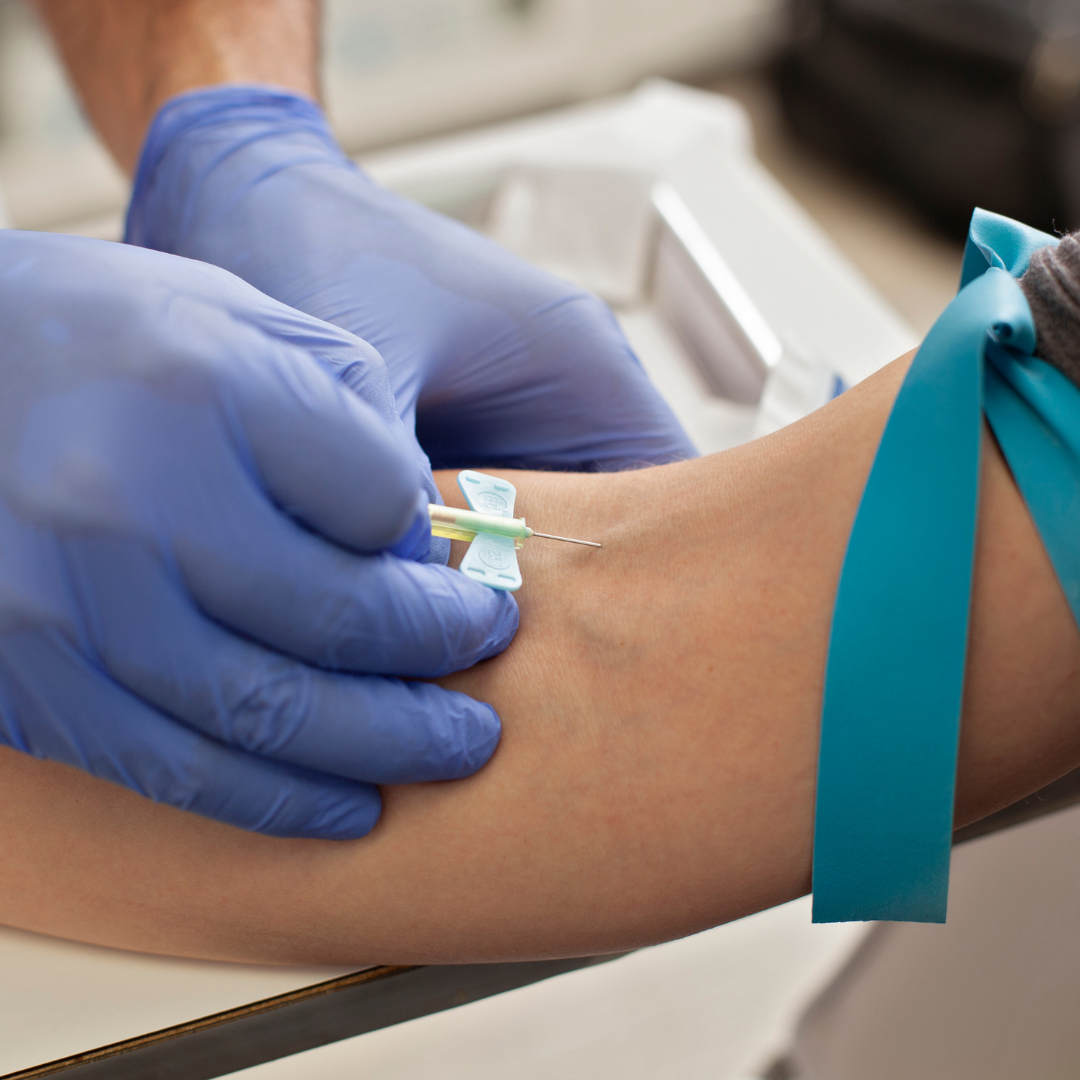An ECHO, also commonly known as an echocardiogram, is a non-invasive and highly effective imaging technique used to produce detailed pictures of the heart using sound waves. It is widely used in diagnosing and managing a variety of heart conditions and provides invaluable insight into heart function, structure, and overall health. Safe, quick, and painless, an ECHO is an essential tool in the early detection and ongoing management of heart disease, offering a clear picture of the heart’s function and helping doctors make informed decisions regarding treatment and care.
What are the benefits of an ECHO
Early detection of heart conditions
An ECHO is one of the most effective tools for the early detection of heart conditions, some of which may not exhibit symptoms initially. By assessing the heart's structure and function, an ECHO can identify abnormalities such as heart valve disease, congenital heart defects, and a weakened heart muscle. Early detection of such conditions can significantly improve the prognosis and allow for prompt treatment, which is often less invasive and more effective when started early.
Monitoring heart function
An ECHO allows doctors to evaluate the efficiency of the heart's pumping action. By measuring the ejection fraction, the percentage of blood the heart pumps out with each beat, it helps to assess the heart’s ability to circulate blood throughout the body. This is crucial for patients with heart failure, as it can help determine the severity of the condition and inform treatment decisions, such as adjustments to medication or recommendations for additional therapies.
Assessing heart valve health
Heart valve disease is a common issue that can lead to serious complications if left untreated. An ECHO provides a clear view of the heart valves, allowing doctors to assess whether they are functioning properly or if there is any regurgitation (backflow) or stenosis (narrowing). Identifying issues with heart valves early on helps doctors determine the need for medical intervention, such as valve repair or replacement, to prevent complications like stroke, heart failure, or infection.
Detecting blood clots and fluid accumulation
An ECHO can identify the presence of blood clots within the heart, particularly in the atria, which may lead to life-threatening conditions such as stroke or pulmonary embolism. Additionally, it can help detect fluid accumulation around the heart, a condition known as pericardial effusion, which may indicate inflammation or infection. Early detection through an ECHO enables timely intervention, reducing the risk of further complications.
No radiation exposure
Unlike other imaging techniques such as CT scans or X-rays, an ECHO uses sound waves to create images, making it a completely safe, non-invasive procedure that does not expose patients to radiation. This makes it a highly recommended choice for pregnant women or individuals who may need frequent heart monitoring over time, as it can be safely performed without long-term health risks.
Detecting structural heart issues
An ECHO is also vital in identifying any structural abnormalities in the heart, such as an enlarged heart (cardiomegaly), thickened heart walls, or congenital defects. These issues may not show obvious symptoms in their early stages but can progress into more severe heart problems if not diagnosed and treated promptly. An ECHO allows for comprehensive imaging of the heart, offering insight into how well the heart is functioning and whether any abnormalities need to be addressed.
Why have an ECHO
There are several reasons why someone may be recommended to have an ECHO. If you are experiencing symptoms such as unexplained chest pain, shortness of breath, dizziness, or swelling in your legs, an ECHO can provide crucial information about your heart’s health. Additionally, it is commonly used to monitor ongoing conditions like heart valve disease, heart failure, or after surgery to ensure that your heart is recovering well. Even if you don’t have symptoms, an ECHO may be recommended for individuals at high risk of heart disease, including those with a family history of heart conditions, high blood pressure, diabetes, or high cholesterol.
By offering a detailed and accurate assessment of the heart’s structure and function, an ECHO can support early detection and help doctors provide timely and effective treatment. Whether you are undergoing regular heart monitoring or dealing with symptoms that require further investigation, an ECHO can be a key part of managing your health.
Why choose Pall Mall
At Pall Mall, we offer ECHO services at our CQC-registered private clinics across Manchester, Liverpool, and our privately owned hospital in Newton-le-Willows. We understand that when it comes to heart health, time is of the essence. That’s why we provide quick and efficient ECHO appointments, with minimal waiting times. Our experienced cardiology team is dedicated to offering high-quality care, ensuring that your heart health is assessed thoroughly and that you receive the information you need to make informed decisions about your health.
Our clinics are equipped with state-of-the-art facilities to provide comprehensive cardiovascular care, and our team works closely with you to ensure a smooth, comfortable experience. Whether you’re experiencing symptoms or looking to monitor a pre-existing condition, Pall Mall offers expert guidance and follow-up care, ensuring that you are fully supported every step of the way.
To book your ECHO appointment today or to learn more about how Pall Mall can help manage your heart health, visit our cardiology services page or enquire below.












